
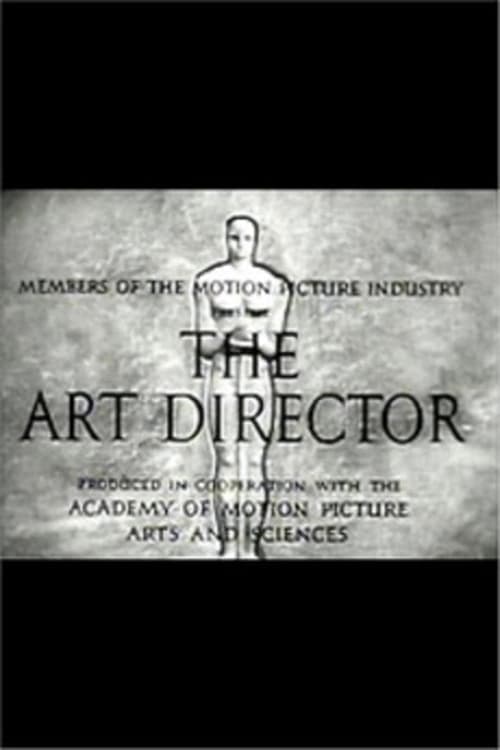
A film's art director is in charge of the set, from conception to construction to furnishing. This short film walks the viewer through art directors' responsibilities and the demands on their talents. They read a script carefully and design a set to capture the time and place, the social strata, and the mood. They must be scholars of the history of architecture, furnishings, and fashion. They choose the colors on a set in anticipation of the lighting and the mood. Their work also sets styles, from Art Deco in the 20's to 30s modernism. Then it's on to the next project. Preserved by the Academy Film Archive in 2012.
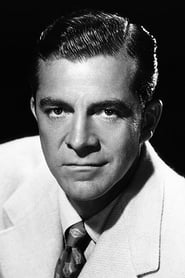
Self (archive footage) (uncredited)

Self - from 'Late George Apley' (archive footage) (uncredited)
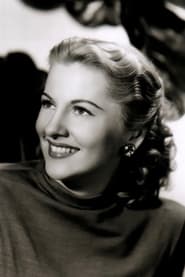
Self / Jane Eyre (archive footage) (uncredited)
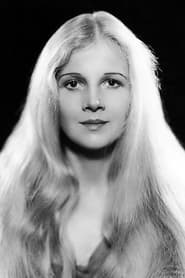
Self - from unidentified film (archive footage) (uncredited)
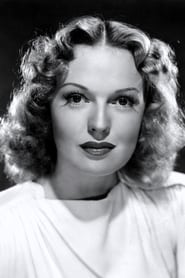
Self - from 'The Big Clock' (archive footage) (uncredited)
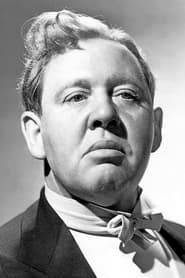
Self - from 'The Big Clock' (archive footage) (uncredited)
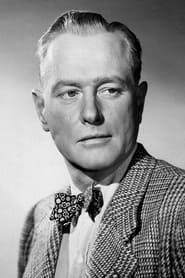
Self - from 'The Big Clock' (archive footage) (uncredited)
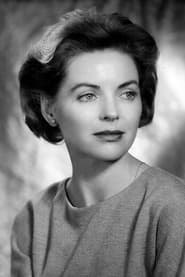
Self / Kathy Lacy (archive footage) (uncredited)
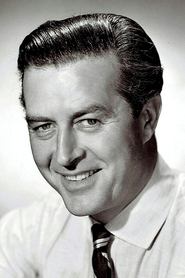
Self - from 'The Big Clock' (archive footage) (uncredited)
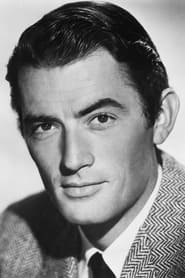
Self - Philip Schuyler Green (archive footage) (uncredited)

Self - from unidentified film (archive footage) (uncredited)
No Trailers found.